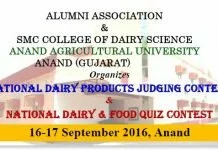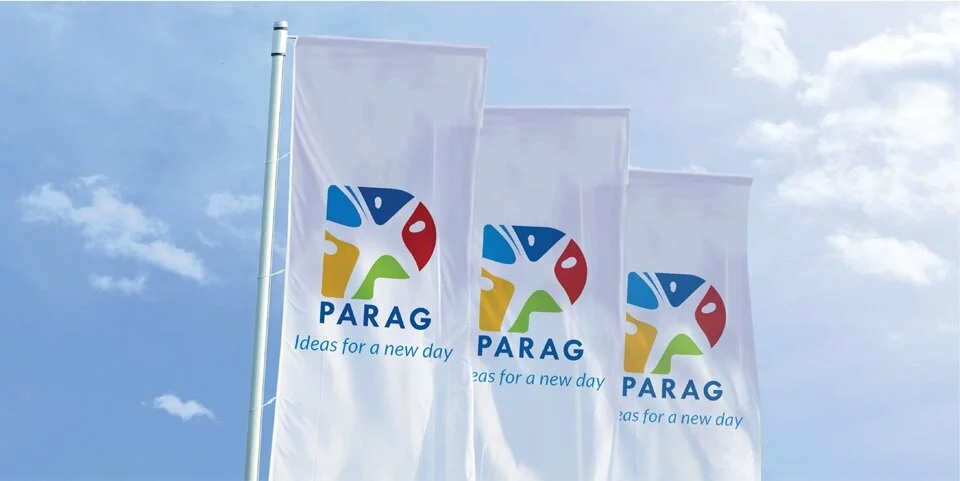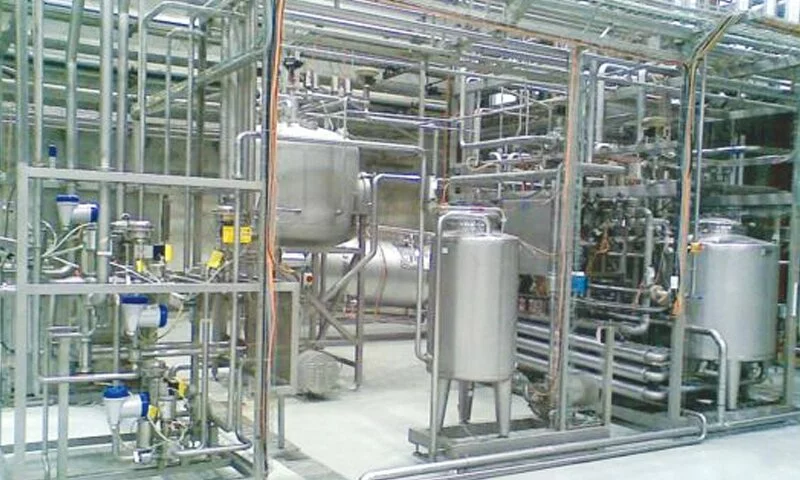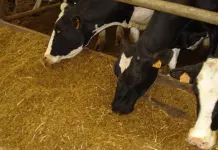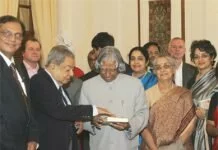Source: thehindu.com
The Centre is planning to revisit its policy of cross breeding of cattle for conservation and genetic upgradation of indigenous breeds in the country.
This would increase milk production with A2 protein (beta-casein protein) present in the milk of indigenous cows when compared with the A1 protein present in the milk of exotic breeds which is not good for health said K.M.L. Pathak, Deputy Director General (Animal Sciences), Indian Council of Agricultural Research (ICAR).
India has the largest population of livestock in the world and is bestowed with the best indigenous and native breeds in any livestock. Though the indigenous breeds are better suited to climatic conditions the per capita animal productivity is very low.
“The Government is now planning to revisit the cross breeding policy. Though this is a state subject the centre has been advising the State Governments on the need to revisit the breeding policies for conservation and genetic upgradation of our indigenous cattle,” Mr. Pathak told The Hindu on the sidelines of a lecture at the Rajiv Gandhi Institute of Veterinary Education and Research (RIVER) on Friday.
The Centre has started the National Gokul Mission with the objective of conserving our own indigenous cattle. India has 32 breeds of cattle which have been characterised as milk breeds and draught breeds.
To start with the Government has decided conservation and genetic upgradation of five indigenous breeds – Tharparkar from Rajasthan, Gir from Gujarat, Red Sindhi, Sahiwal and Kankrej.
Rs.500 crore project
Mr. Pathak said the total funding of Rs.500 crore for the project will be met by the Union Government. Initially, two bull centres will be established in Andhra Pradesh and Madhya Pradesh for native breeds.
The centre in Andhra Pradesh will take of all native breeds from the Southern region while the one in Madhya Pradesh will take care of breeds from all over the Northern region.
Priority to farmers
He said that ICAR had been according topmost priority to farmers and conducted research catering to their priority and requirements. The ICAR has been conducting frequent workshops at the 18 Agro Climatic Zones across the country inviting farmers.
The contribution of livestock to the Gross Domestic Product (GDP) is increasing when compared to agriculture Mr. Pathak said, adding that the issue of farmers’ suicide can be solved if farmers go for livestock keeping.
‘Excel in academics’
Chief Secretary Manoj Parida said that though Puducherry was a small State, students should take the advantages because the opportunity to excel in academics was tremendous. The Government has given full infrastructure and the academic institution should grow making use of the natural advantages of Puducherry.
Mr. Parida said that around 10 percent of his IAS batch mates in 1986 happened to be veterinary science graduates. Students should not be confined to limited domains of knowledge and should utilize the opportunities irrespective of the region, caste and creed, he said.
R. Mihir Vardhan, Secretary (Animal Husbandry), B. Ramesh Kumar, Dean, RIVER and S. Ramkumar, Professor and Head (Department of Animal Husbandry Extension), RIVER participated.
Comments
comments





